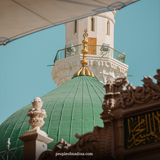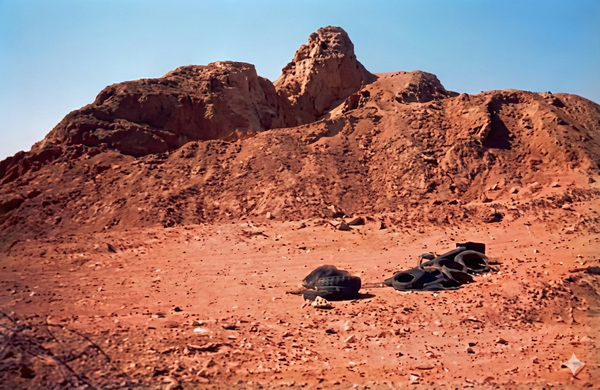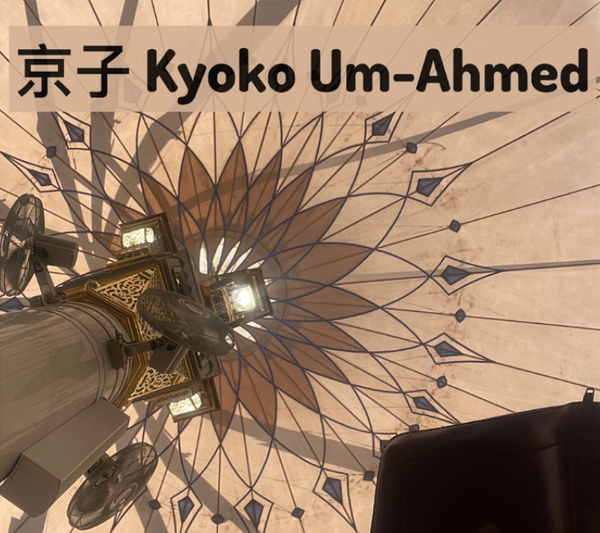The Prophet's Love for Madina
The love and longing of the Prophet, (Allah bless him and give him peace), for Madina is evident through various authentic Hadiths.

The love and longing of the Prophet, (Allah bless him and give him peace), for Madina is evident through various authentic Hadiths. These narrations highlight his deep affection for the city and his desire to be close to it. The Hadiths regarding this are famous and authentic, amongst them are the following:
The Hadith of Aisha in the two Sahih collections and others: The Messenger of Allah, peace be upon him, said:
"O Allah, make us love Madina as much as we love Mecca, or even more. O Allah, bless our Mud and Sa'." [Mud and Sa are both measures used for weighing goods, meaning a prayer for blessings in the physical aspects of the city].
And from Anas, may Allah be pleased with him: When the Prophet, (Allah bless him and give him peace) returned from a journey and saw the walls of Madina, he would hasten his mount, and if he was on a riding beast, he would spur it due to his love for it. This is narrated by Al-Bukhari, Ahmad, and Al-Tirmidhi.
And from Abdullah bin Umar, (may Allah be pleased with them), who said: The Messenger of Allah (Allah bless him and give him peace), said:
"I knew that you (Mecca) are the most beloved land to Allah, and if my people had not expelled me from you, I would not have left. O Allah, place in our hearts the love of Madina as you have placed in our hearts the love of Mecca."
Whenever the Messenger of Allah, (Allah bless him and give him peace) drew close to Madina the happiness and joy would be evident on his blessed face.
This hadith is narrated by Al-Tabarani , the chain of transmission contains some weakness, however the content is established via a number of routes.
From Abu Huraira, (may Allah be pleased with him), who said: The Messenger of Allah, (Allah bless him and give him peace), said:
"Madina is the peak of Islam, the abode of faith, and the land of migration, and the source of descending of the halal and haram."
This hadith is narrated by Al-Tabarani in Al-Awsat, and Imam al-Mundhiri graded is as authentic.





